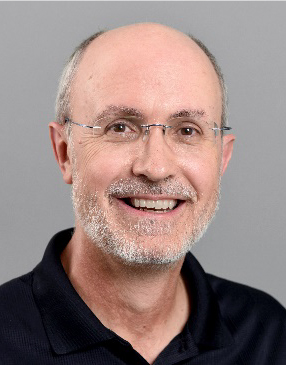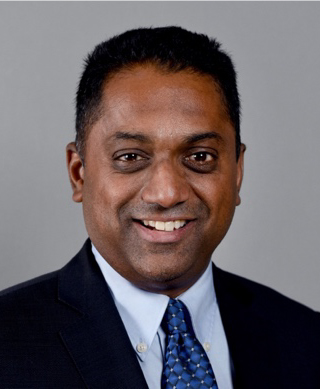

题目:The Future of Sustainable Buildings / The Use of Underground Space to Relieve Urban Congestion
时间:2019年11月11日 14:00
地点:suncitygroup太阳新城官网 F207会议室
邀请人:赵长颖 教授(工程热物理研究所)
报告题目:The Future of Sustainable Buildings
报告人:Prof. Patrick Phelan
Biography
Patrick Phelan
Professor of Mechanical & Aerospace Engineering and Assistant Dean of Engineering
Arizona State University
http://faculty.engineering.asu.edu/pphelan/
Abstract
Buildings are becoming more energy efficient, i.e., sustainable, but the limits to their energy efficiency are not well known. After an overview of building energy trends in the USA and worldwide, an analysis is presented of an ideal, all-electric residential home in the USA that defines the ultimate minimum energy consumption of an 'ideal' house, akin to the Carnot efficiency of an engine or the Carnot coefficient of performance of a refrigerator. Given that heating, ventilation, and air conditioning (HVAC) remains one of the largest energy end uses in buildings, the presentation concludes with a discussion of cooling technologies that are becoming more and more important with ongoing global warming.
报告题目:The Use of Underground Space to Relieve Urban Congestion
报告人:Prof. Samuel T. Ariaratnam
Biography
Samuel T. Ariaratnam, Ph.D., P.E., P.Eng., F.ASCE, F.CAE, NAC
Professor and Construction Engineering Program Chair
School of Sustainable Engineering & The Built Environment
Dr. Ariaratnam is a Professor and Construction Engineering Program Chair at Arizona State University. He received his B.A.Sc. from the University of Waterloo (Canada) in 1989 and his M.S. and Ph.D. from the University of Illinois at Urbana-Champaign in 1991 and 1994, respectively. His primary area of research interest lies in Sustainable Underground Infrastructure Management and Rehabilitation. Research in this area has focused on the development of new technologies in construction engineering and applications of underground trenchless construction techniques, specifically Horizontal Directional Drilling and Trenchless Pipe Replacement. He has published over 300 technical papers and reports, co-authored eight textbooks, and is a co-holder of five patents. In 2015, he was elected as a Fellow of the American Society of Civil Engineers (ASCE). Dr. Ariaratnam was elected to the Canadian Academy of Engineering (CAE) in 2018 and the U.S. National Academy of Construction (NAC) in 2019. He has the title of "Distinguished Professor" at the China University of Geosciences (Wuhan).
Abstract
Currently, 54% of the world's population (81% in the United States) live in urban areas. This figure is expected to increase to 75% by the year 2050 as people look to urban centers for employment opportunities. Furthermore, it taken us 5,000 years to get to this point; however, it is expected that we will double our urban infrastructure systems in the next 35 years through construction with these systems expected to last more than 50 years. The emergence of mega-cities with greater than 10 million population has resulted in the use of underground space to help alleviate congestion associated with urban growth. Underground residences, banks, shopping malls, parking garages, restaurants, transportation and other facilities are being built to relieve urban congestion. This presentation explores construction methods and examples of various types of underground space applications in urban areas.